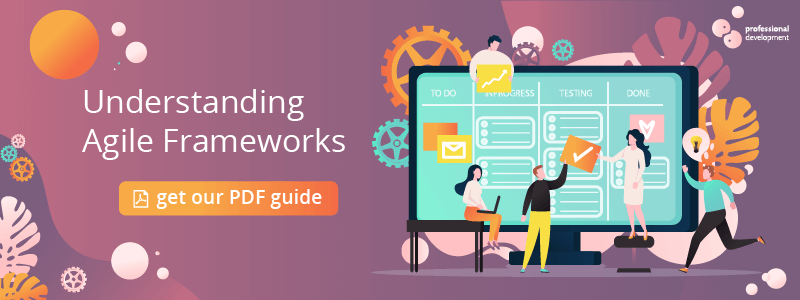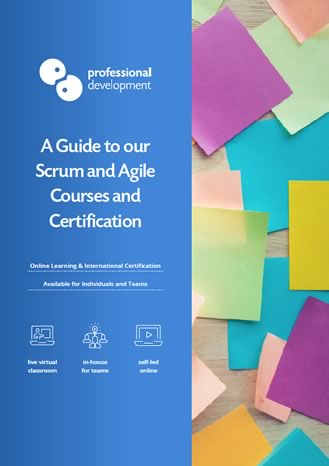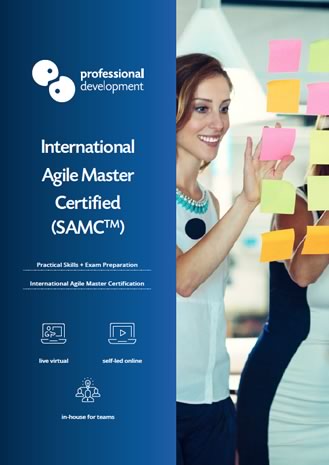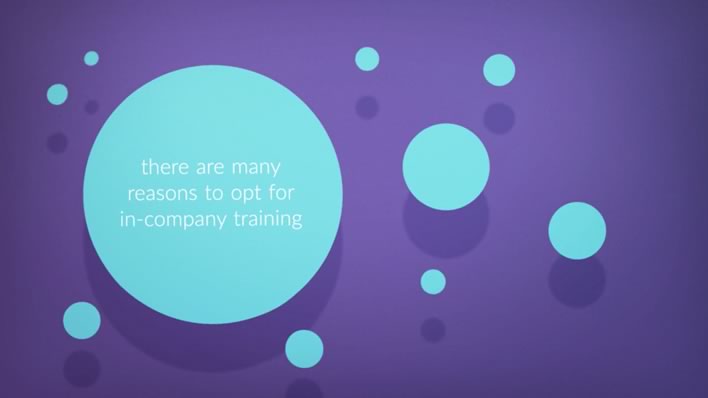Agile Frameworks: Your Helpful, 3-Minute Guide
Originally Published, 2019. Updated February, 2022.When learning about agile, it’s inevitable that you will come across the term “agile framework” and notice other names like “scrum”, “Kanban”, “XP” cropping up regularly.
This article is designed as a short, 3-minute introduction to agile frameworks. It will help you to:
- understand the definition of an agile framework
- sort through much of the different terminology surrounding agile
- become familiar with 6 key agile frameworks
- decide on the best place to begin learning about agile
Get the PDF Guide Now
You can download our complete PDF Guide to Agile instantly here.
This guide includes information on getting started with agile and choosing the right agile course and certification.
Download GuideIn This Article:
What are Agile Frameworks?
Agile is a flexible way to manage projects.
It is a set of values and principles designed to handle projects with changing requirements and deliver value both early and frequently in a project's timeline.
There are several different frameworks used to apply agile principles.
A framework can be defined as an approach or set of techniques and guidelines used to implement agile and uphold its values.
Think of agile as the overall philosophy, and frameworks as tools you use to carry out that philosophy.
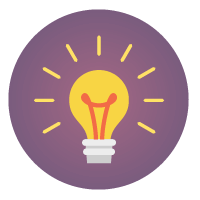
To gain any level of success applying Agile, you need to have a confident understanding of Agile frameworks and the capability to apply those relevant to your project correctly.
A Quick Word About Agile Origins
Agile was originally created by software developers specifically for software development projects. Therefore, it is a very flexible and efficient way to execute projects.
These beneficial characteristics made an Agile approach so appealing that its reach surpassed the IT and software sector.
Today, it is used for projects in almost every area of business and industry.
You will, however, continue to see software-related terms appearing as you learn about agile. You can spot this in our list of agile frameworks below.
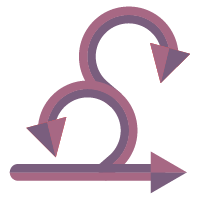
Want More Background Information?
You can learn more about the origins and characteristics of Agile in our article, "What is Agile Methodology?".
Read the ArticleAgile Frameworks List
As we mentioned above, frameworks are methods for applying the principles of Agile to a project.
There are many different agile frameworks available. We have included 6 of the most popular and widely utilised here:
Scrum Framework
Scrum is perhaps the most widely-adopted Agile framework.
It is a team-centric framework, utilising clearly defined team roles and responsibilities to implement the responsive style of Agile project management.
Focus: Team-led projects
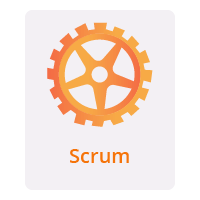
Kanban
Kanban is similar to Scrum, in that it aims to support teams working at top-level efficiency together.
It zooms in on the workflow aspect of a project, streamlining what is in progress and avoiding bottlenecks in productivity. Kanban usually involves use of a Kanban board or flowchart.
Focus: Streamlining workflow
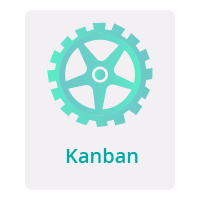
XP (Extreme Programming)
XP or Extreme Programming is a favourite in the software development sector due to its goal of frequent releases.
This approach is ideal for projects where continuous value delivery is a high priority.
Focus: Value Delivery
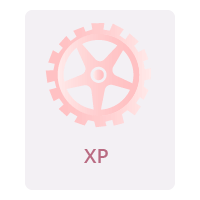
FDD (Feature Driven Development)
Feature-Driven Development is not a million miles away from XP. It also seeks to deliver value to clients regularly throughout the lifecycle of a project.
This particular framework is client-centric, paying particular attention to stakeholder engagement.
Focus: Stakeholder Management
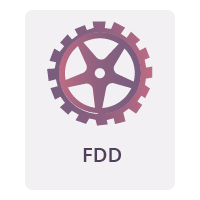
Crystal
Crystal also dedicates a high level of focus to the project team. It places a lot of value on their ability to make key decisions on what is best for the project's success.
It is a great option for smaller teams who prefer a “lightweight” approach to their project work – less documentation, reporting, and micro-management.
Focus: Self-Managing Teams
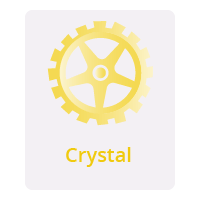
DSDM
DSDM stands for “Dynamic Systems Development Method”. Like XP and FDD respectively, it aims for regular value delivery and clear communication with stakeholders.
DSDM concentrates on delivering the project goals on time and within budget.
Focus: Time & Budget Control
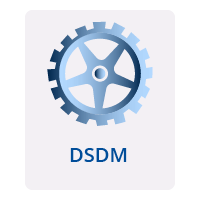
Which Agile Framework is Best?
You may have already gathered from reading through the list that there is no "best framework". There is only what's best for your project team, and your project work.
The great news is that you don't have to select just one framework. You can combine several to achieve the best possible results for your project.
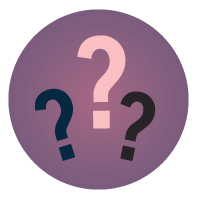
This article gives you a taster of the style and primary benefit of each framework.
To delve in further, learn which will be the right fit for your work, and gain an understanding of how to utilise the frameworks, we recommend our Agile Certified Training.
Learning how to Apply Agile Frameworks
Our Agile Certified Training is a natural choice for anyone who wants to get to grips with agile.
We offer this training in a easily-accessible self-led, online training format as well as in both classroom and in-house training formats.
During this training, you'll learn about the most popular agile frameworks (Scrum, Kanban, and XP). You will also gain a high level introduction to other frameworks.
No previous agile experience is required, so this course is suitable for any level of experience.
You will achieve:
- An understanding of agile principles and processes
- An introduction to the best-known agile frameworks
- An internationally recognised agile certification (Agile Master Certified SAMCTM)
- The confidence to implement agile
Advice & Resources
Here are some options for your next steps in Agile research:
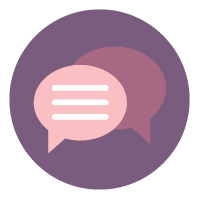
1. Talk to Us for Tailored Advice
Get in touch with us to discuss your options for agile training. We can offer guidance on whether you should go for agile or specialise in scrum.
You can contact us by phone (Freephone 1800 910 810) or by asking a question online.
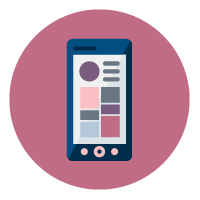
2. Download our Detailed Guide to Agile
Get our PDF Guide to Agile instantly by using the “Download Guide” button below.
This detailed guide will offer you tips and guidance on choosing the right course for your agile training and certification.
Download Guide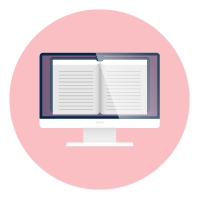
3. Further Reading
Our agile project management blog offers a collection of articles and how-to guides.
The blog is always growing, and you can be the first to get new guides and agile special offers by signing up to receive agile and scrum updates.
Here are some of our must-read articles to get you started:

